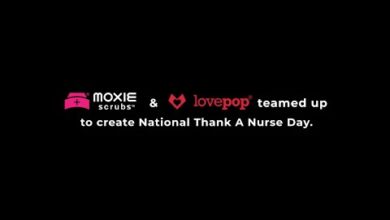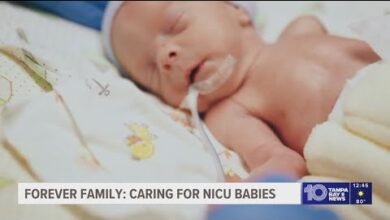BYU Nursing School Sends Acceptances AND Rejections by Mistake

The Brigham Young University (BYU) College of Nursing recently found itself at the center of attention due to an unfortunate administrative error. The college inadvertently sent out incorrect application decisions to prospective nursing students who had applied for the Winter 2025 semester. This mishap caused significant distress among the affected students and raised questions about the application process and communication practices within the institution.
On Friday, October 25, the BYU College of Nursing, known for its rigorous academic programs and competitive admissions process, made a significant mistake. The school sent both acceptance and rejection letters to all applicants. This mix-up left many students understandably upset and confused. Later that evening, the college sent an apology email and corrected the error by issuing the correct letters to all prospective students involved.
The BYU College of Nursing is a competitive nursing program with less than 50% of applicants accepted for the Winter 2025 cycle.
Upon realizing the error, the BYU College of Nursing was faced with the challenging task of addressing the situation and mitigating the damage caused.
In a statement, the school said,
“The College of Nursing is truly sorry that an error in a new system used to deliver admissions decisions caused a stressful situation for applicants to its program this past Friday,” “Despite successful tests earlier in the day, the new system malfunctioned and sent both acceptance and rejection letters to all applicants.”
The school also directed applicants to counseling services if needed.
For many aspiring nurses, receiving an acceptance or rejection letter from their chosen program is a pivotal moment in their academic and professional journey. The incorrect application decisions sent by the BYU College of Nursing had a profound impact on some recipients.
Students who may have initially believed they were accepted into the program suddenly found themselves in a state of uncertainty. Conversely, those who might have been incorrectly informed of their rejection experienced unnecessary disappointment and stress.
Emma Hansen, a third-year nursing applicant at BYU, faced an emotional rollercoaster when she received the conflicting letters. At 5:47 p.m., she received a rejection letter, but just minutes later, at 5:51 p.m., she received an acceptance letter.
She explained, “In my head, I was like, ‘Oh, possibly someone got accepted and declined it… so I was next in line to be accepted.’” However, after checking with other applicants, Hansen discovered that everyone had received both letters.
It wasn’t until nearly two hours later, at 8 p.m., that Hansen learned the truth: she had been rejected. Despite the disappointment, Hansen admitted, “The emotional turmoil of the back and forth of whether I got in or not was just kind of a lot.”
This incident serves as a reminder of the importance of robust administrative processes in higher education institutions, particularly in highly competitive programs like nursing. The error at BYU College of Nursing highlights the need for multiple layers of verification before sending out critical communications, especially to potential school applicants. It also underscores the importance of having contingency plans in place to quickly address and rectify such mistakes when they occur.







